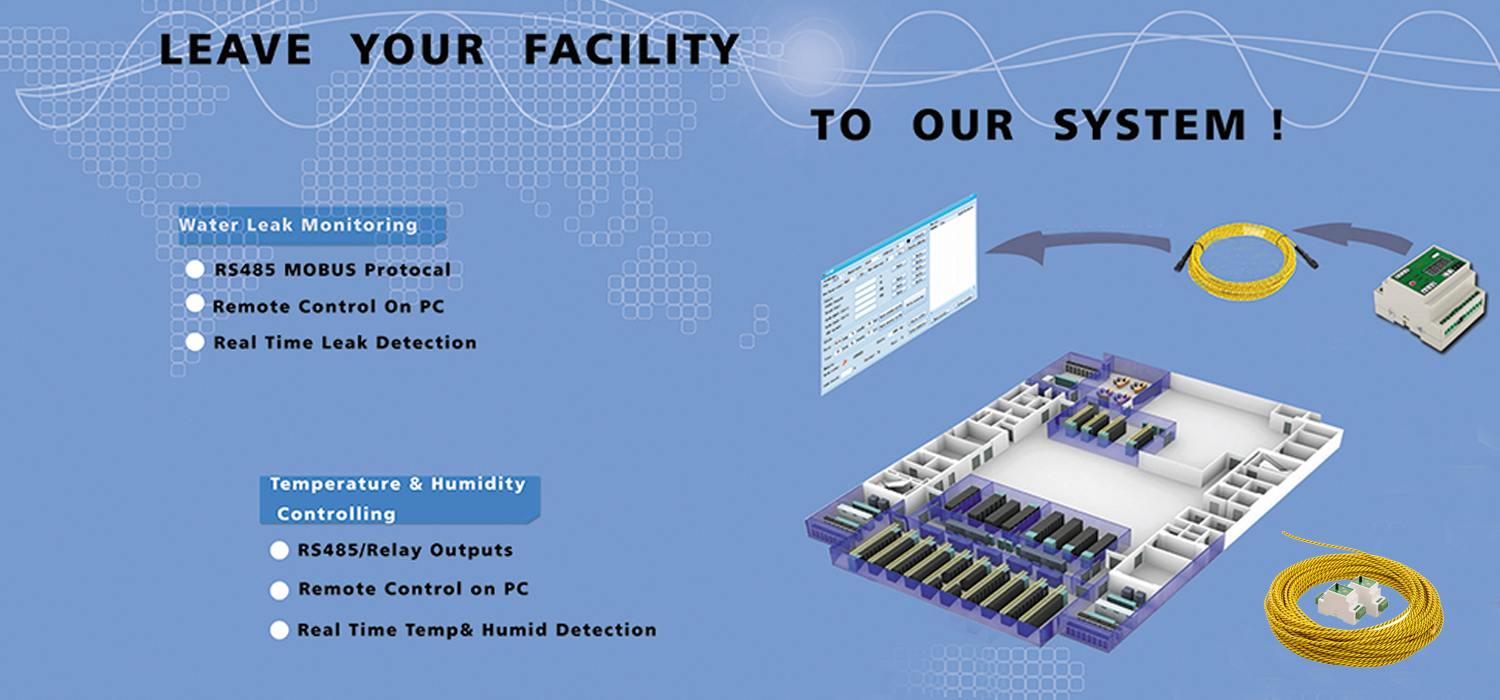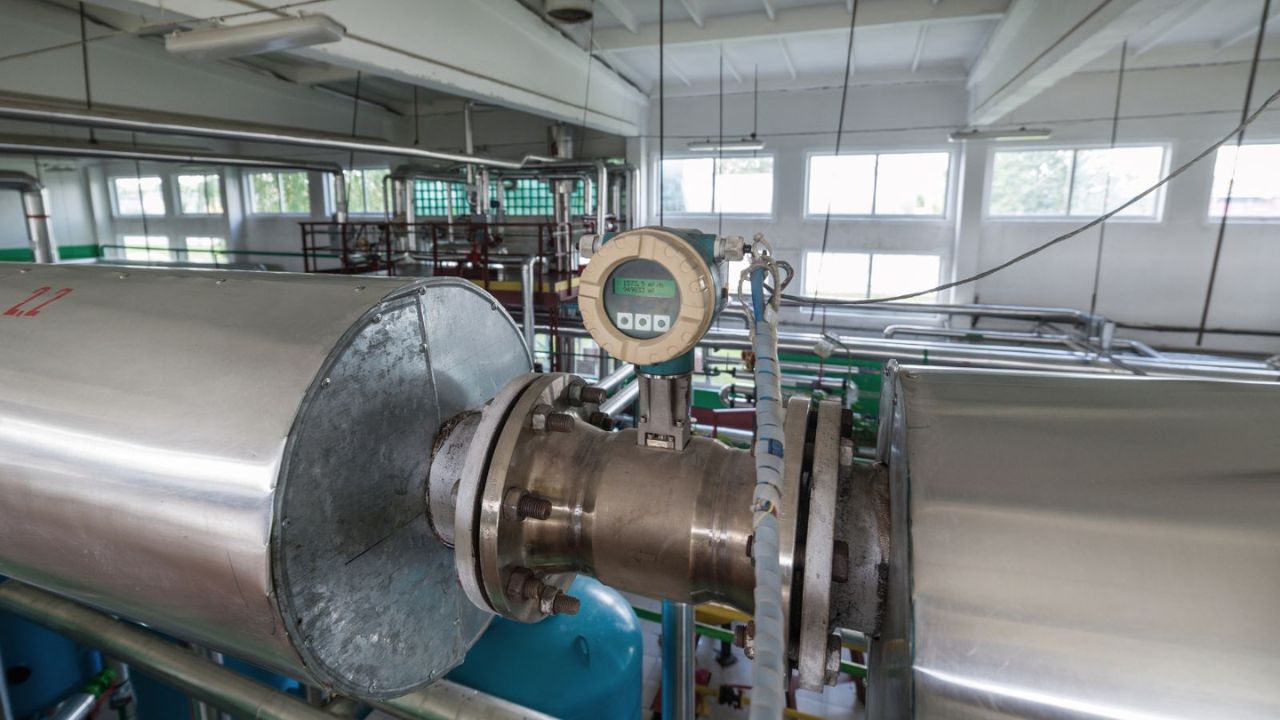A Comprehensive Guide to Water Leak Detectors

Water leaks can be disastrous, causing substantial property damage and financial loss. Fortunately, modern technology has given us a Water Leak Detector, which acts as a guardian for our homes and businesses.
Water leak detectors offer numerous benefits to homeowners and businesses alike, providing an essential layer of protection against water damage and potential financial loss. These devices are designed to detect water leaks early on, allowing timely intervention and preventing significant damage.
Types of Water Leak Detectors
Water leak detectors come in various types, each designed to suit different needs and applications. Understanding the differences between these types can help homeowners and businesses choose the right solution to protect their properties. Let’s explore the three main types of water leak detectors:
Passive Leak Detectors
They are the simplest and most cost-effective type of water leak detection device. They operate on a basic principle and do not require any power source or complicated setup. Also, they work by absorbing water or moisture, triggering a visible indicator or an audible alarm when they come into contact with the leaking liquid.
Features of Passive Leak Detectors
Low Cost
Passive leak detectors are relatively inexpensive compared to other types of water leak detectors, making them an accessible option for budget-conscious individuals.
Easy Installation
Since they do not require power sources or complex setups, passive leak detectors are easy to install and can be placed in various locations prone to water leaks, such as under sinks, near water heaters, or behind appliances.
Limited Coverage
Passive leak detectors are ideal for small spaces or localized leak protection. They are effective for single points of concern but may not cover an entire home or large commercial area.
Active Leak Detectors
Active leak detectors are more sophisticated than passive detectors, offering additional features and functionality. These detectors actively monitor the area for signs of water leaks using sensors or probes. When water is detected, they emit alerts or alarms, warning homeowners or property managers of the potential issue.
Features of Active Leak Detectors
Sensor Technology
Active leak detectors employ advanced sensor technology, such as moisture sensors, probes, or conductive cables, to detect water presence accurately.
Audible and Visual Alarms
Upon detecting a water leak, active detectors can produce audible alarms and visual indicators, drawing immediate attention to the problem.
Battery or AC Powered
Active leak detectors typically require a power source, which can be either battery-operated or connected to an electrical outlet.
Expanded Coverage
They offer broader coverage compared to passive detectors, making them suitable for larger spaces or multiple areas within a property.
Whole-Home Leak Detection Systems
Whole-home leak detection systems are comprehensive solutions designed to monitor the entire property continuously. These systems integrate various sensors and sophisticated technologies to provide comprehensive water leak protection.
Features of Whole-Home Leak Detection Systems
Multiple Sensors
Whole-home systems use a network of sensors strategically placed throughout the property, including near plumbing fixtures, and appliances, and in areas prone to leaks.
Centralized Monitoring
The sensors are connected to a central control panel or a smart hub that monitors the entire network. This allows homeowners or property managers to access real-time data and receive alerts remotely.
Smart Home Integration
Many whole-home leak detection systems can be integrated with smart home automation, providing seamless control and monitoring through smartphone apps or voice commands.
Conclusion
Water leak detectors are essential tools for safeguarding properties against water damage, providing early detection, remote monitoring, and peace of mind. They are a worthwhile investment for any homeowner or business owner concerned about protecting their property and belongings.


